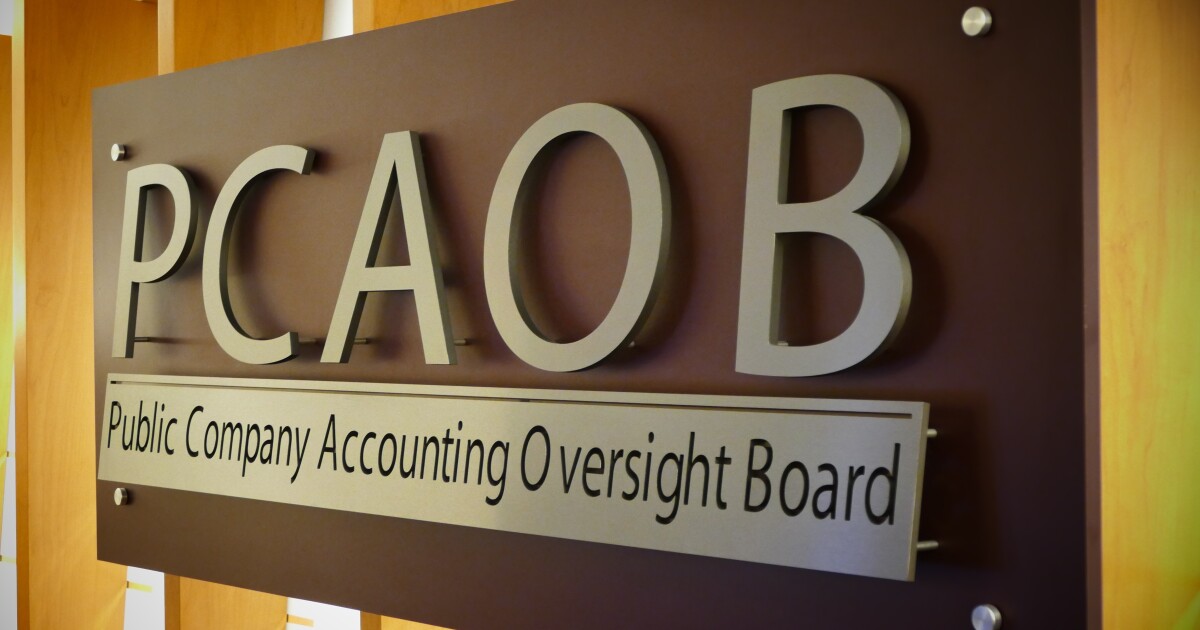Business owners who employ their children in a reasonable but limited capacity at their firms can rake in tax savings and start their kids’ first retirement accounts in the process.
But the entrepreneurs and their financial advisors or tax professionals must ensure they’re diligently keeping the kids’ employment records, complying with some variation in state-level rules for business entities and addressing any other potential ramifications, according to Miklos Ringbauer, of Los Angeles-based MiklosCPA, and Kevin Thompson, CEO of Fort Worth, Texas-based RIA firm 9i Capital Group.
READ MORE: 24 tax tips for self-employed clients
Key benefits of hiring your child
For instance, Ringbauer usually advises clients to restrict their compensation for any summer jobs or other employment for their children to less than $15,000. That’s the standard deduction for 2025, the highest amount of income that, in most cases, doesn’t carry the requirement to file a return.
In turn, the business may deduct the wages as an expense and often avoid Social Security, Medicare, Federal Insurance Contributions Act (FICA) and Federal Unemployment Tax Act (FUTA) taxes, as well as estate and gift duties.
And the child acquires some invaluable lessons about a day’s work, alongside potential investments such as a Uniform Transfers to Minors Act (UTMA) portfolio with a parent as the custodian or a Roth or traditional individual retirement account. But the benefits won’t accrue from brazen attempts by parents to give their kids money.
“There’s an incredible wealth of information out there and options a business owner and their children can take advantage of legally to help reduce taxes on the parents’ side,” Ringbauer said. “This could be an incredible wealth transfer, if it is done right and done appropriately.”
For advisors and their clients, that entails using the same payroll records as they do for any other employees and assigning the kids to perform actual work aligning with their hours and skills. And, of course, they need to “be careful” that they’re not running afoul of guidelines for child labor or the so-called kiddie tax on unearned income or investments, Thompson noted.
“You can’t pay your kid $15,000 over the summer for raking leaves. It has to be reasonable compensation, and you have to have them in your system,” he said. “Having the IRS come into your place just because you paid your kid some money over the summer is not a good look.”
READ MORE: The basics of S corporations — and the pitfalls for small businesses
Helpful lessons
Whether they’re working for their parents or another employer, a summer job can introduce young people to concepts such as the difference between an independent contractor and a W-2 employee and any wittholdings from their paycheck, according a recent guide to IRS rules for teens by Jill Kenady, a tax materials specialist with the University of Illinois Tax School. Documents like a tax checklist compiled by the school, and IRS releases for students and summer employees could aid parents and youngsters navigating the rules, Kenady wrote.
“Summertime is near, which means teens will start jobs, which is the initiation into adulthood,” she wrote. “These jobs offer a sense of independence along with a wonderful way to earn their own money. However, with great earnings come significant responsibilities, specifically tax responsibilities. It is your job as a tax practitioner to help teens and their parents navigate the tax laws and the impact of summer employment.”
The advantages to parents who employ their kids can pile up so high that Ringbauer said he begins speaking with business owners about the possibilities shortly after the child is born. As long as they comply with the rules, a pediatrician or a child dentist could consider hiring their kid to act as a model for advertisements or pictures on the website for the small business, he noted.
On the other hand, Ringbauer stressed that it’s important for the parents to talk through their ideas with an advisor or tax pro before putting anything in motion. The entity classifications of a business and independent contractor or W-2 employee status for the child could bring more complexity to their decisions. Then there are the more basic concerns about any potential for accidents on the job or the challenges of a parent working in the same office as their child.
READ MORE: 3 tax strategies for summer daycare, jobs and vacation rentals
Keep implications in mind
Among prospective clients, the most common problem is that it can look like a business owner is trying to simply transfer money to their child “without actual work or suitable work,” Ringbauer said.
“Eventually, they didn’t turn into my client, because they didn’t like the answers I gave them,” he said, recalling one business owner who was trying to skirt the rules. “After-the-fact errors are the biggest pitfalls, and it’s across the board.”
However, the array of potential strategies for small business owners provide “limitless reasons and opportunities to do it right, and the benefits significantly outweigh the immediate gratification of savings in dollars,” Ringbauer added.
The incentives explain why the method “makes a lot of sense” for many business owners and kids who could open their own retirement accounts, Thompson said. But there are some caveats. For example, those assets could affect possible financial aid for college or other benefit programs that take net worth into account.
“We have to look at the implications on them saving dollars under their own names,” Thompson said. “I have to be careful, because if they have too much money under their name it could ruin their benefits.”


 Economics1 week ago
Economics1 week ago
 Blog Post1 week ago
Blog Post1 week ago
 Accounting1 week ago
Accounting1 week ago
 Personal Finance1 week ago
Personal Finance1 week ago
 Personal Finance6 days ago
Personal Finance6 days ago
 Economics6 days ago
Economics6 days ago
 Personal Finance6 days ago
Personal Finance6 days ago
 Finance6 days ago
Finance6 days ago












